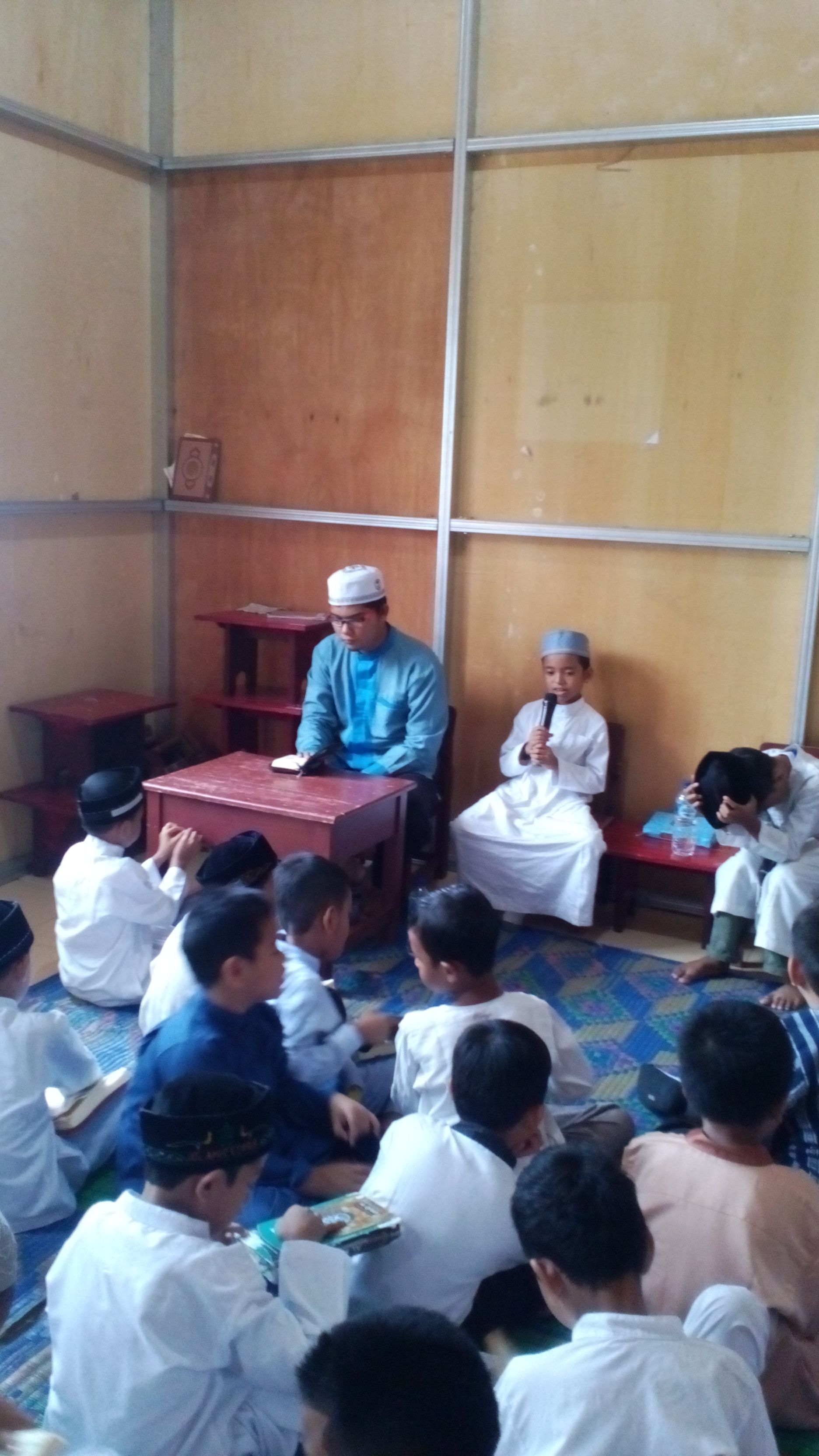How to punish a child smartly...
A mother said: "I have two children, the first 6 years old and the second 9 years, I am tired of punishing them too often because punishment _ (iqob) _ no benefit, what should I do?".
I said: "Have you tried the method of choosing punishment?
The mother replied: "I do not understand, how is that?"
I answer: "Before I explain this method, there is an important rule in straightening the child's behavior that we must agree on, that every child's age has certain educational methods.The larger the child will require various methods of interacting with him, but you will find that the method of choosing a penalty is appropriate for all ages and gives a positive result ".
Before applying this method we must make sure, whether the child made a mistake because he did not know (accidentally), if conditions like this do not need to be punished but enough to be reminded of his mistakes.
But if the error is repeated or do it deliberately, we can punish him in many ways such as not giving him privileges, scolding him on condition not as an outlet (revenge) and do not hit.
We can also use * Methods of Choosing Punishment *.
The idea is that we ask the children to sit in thought, and think of three types of punishment proposed to us such as: not being given a snack money, not being able to play to a friend's house for a week, or not using a cell phone for a day.
Then we choose one to drop it on him.
When three punishments do not match the wishes of the parents, for example: sleeping, or silent for an hour or tidying up the room, then we ask him to look for three more punishments.
The mother interrupted: "But sometimes the proposed punishments do not give effect / do not make the child aware as well!"
I say: "We must distinguish between ta'dib (educate) with ta'dzib (torture)!".
The purpose of ta'dib is to straighten out the wrong behavior in children and this requires patience, constant monitoring (mutaba'ah), continuous dialogue and advice.
While shouting in front of the child or hitting him hard, this ta'dzib is not ta'dib; because we punish the child does not match the level of mistakes made but excessive, because accompanied by anger. Because of our many pressures of life then we lampiaskan to children and children become victims. Then we regret having punished them for our haste.
Then I say: I add important things, when you say to your child: Go to the room, contemplate and think three types of punishment and I choose one for you. this attitude is an education _ (ta'dib) _ for itself because there is an inner dialogue with him, between the child who made a mistake with himself. It is a good practice to straighten out the child's behavior and correct the mistakes that have been made.
The mother said: "By God, a good idea, I will try".
I said: "I myself have tried it, it is useful and successful, and many families are trying to implement it and it is powerful."
Because when the child chooses his own punishment and execute it. So we have actually made it to war with his guilt, not tension with his parents, besides we can keep the bond of parent's love with the child.
In addition we have respect for the child's person and guard his humanity without insulting or demeaning him.
Whoever contemplates the method of Allah's Messenger (may peace be upon him) against the wrongdoer will be found that he is menta'dib with respect, respect and not humiliation.
We find it in the story of the adulterous Ghamidiyah woman who asked for stoning, one of her friends reproached her and the Messenger of Allah said: "Indeed he has repented, if (taubatnya) distributed with the inhabitants of madinah, necessarily sufficient."
The attitude of respect for the offender must remain in the process of ta'dib.
The mother left and came back after a month. He said: "This method really works for my kids, now I'm rarely emotional, and they choose their own punishment and do it, I'm grateful for this idea, but I want to ask where did you get this brilliant method?"
I replied: "I take from the Qur'an method in educating _ (ta'dib) _.
Allah (may Allaah be pleased with him) gave three choices of punishment to those who commit sins and wrongs, such as the expiation of those who intercourse his wife during the day of Ramadan, the sworn of the oath and other disbelievers: freedom of slave, or fasting or giving alms. Islamic Sharia provides three options for the perpetrators of this error. A very beautiful educational method ".
Mother said: "So this method of education
By: Dr. Jasim Muhammad Al-Muthawwa '(Parenting Expert from Kuwait )
